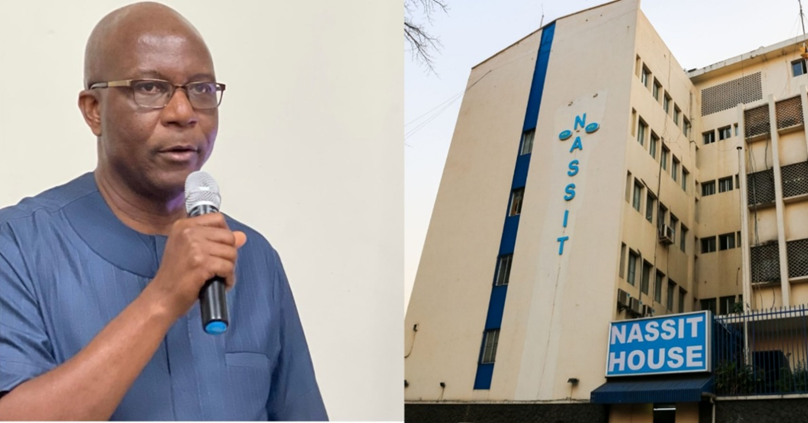By Mackie M. Jalloh
Sierra Leone’s National Social Security and Insurance Trust (NASSIT) is experiencing a powerful transformation under the leadership of Director General Mohamed Fuaad Dabor. Through a wave of reforms centered on transparency, efficiency, and inclusiveness, DG Dabor has repositioned NASSIT as one of the country’s most dependable public institutions—delivering real impact for pensioners, workers, and the broader economy.
Once viewed as sluggish and opaque, the institution has turned a new leaf by embracing digital innovation, improving pension disbursement, and expanding coverage to include workers in the informal sector. At the heart of this change is DG Dabor’s people-first vision: a social security system that works for everyone, not just a privileged few.
Since assuming leadership, DG Dabor has prioritized modernizing service delivery. One of the most applauded milestones is the full automation of pension payments, which now arrive directly in pensioners’ bank accounts. This move has virtually eliminated the long queues, payment delays, and bureaucratic bottlenecks that once plagued retirees.
“Before, we had to travel and wait for hours just to receive our pensions,” said a retired teacher in Bo. “Now I get my payment on time every month. It’s made a huge difference in my life.”
But Dabor’s reforms haven’t stopped at technology. He has expanded NASSIT’s reach beyond traditional salaried workers to include Sierra Leone’s growing informal workforce. Market vendors, commercial bike riders, and other self-employed citizens can now enroll in tailored voluntary contribution schemes that give them access to retirement and survivor benefits.
These reforms are being supported by a revitalized customer care strategy. NASSIT offices across the country have been upgraded, staff retrained, and digital support systems installed to make service delivery faster and more transparent. In addition, public education efforts—including town hall meetings, radio programs, and stakeholder forums—are helping citizens understand their rights and responsibilities under the national social security framework.
DG Dabor has also taken bold steps on investment reform. Historically criticized for putting contributors’ funds into risky or poorly managed projects, NASSIT under Dabor is now channeling its investments into development-aligned ventures. These include real estate, affordable housing schemes, and infrastructure projects aimed at generating sustainable returns while addressing national priorities.
Notable developments include ongoing housing projects in Port Loko, Kono, and Bo, offering dignified living options to the public while creating jobs and stimulating local economies.
Internally, the Trust has also been reshaped. A merit-based performance system, continuous staff training, and rigorous auditing practices have been introduced to strengthen accountability and professionalism. The institution’s financial records are now in line with international standards, attracting praise from global partners like the International Social Security Association (ISSA).
In a recent public address, DG Dabor stated, “NASSIT is not just about pensions; it’s about protecting lives, promoting dignity, and building a fairer society. Our goal is to ensure that every contributor, no matter their job or status, can retire with dignity and security.”
This inclusive, reform-driven approach is winning praise across the board. Labor unions, civil society organizations, and pensioners’ advocacy groups have all expressed confidence in NASSIT’s new direction.
Today, thanks to DG Dabor’s leadership, NASSIT is being hailed as a national success story—a shining example of what can happen when bold vision meets institutional commitment. As the reforms deepen, many are optimistic that Sierra Leone is on its way to building one of West Africa’s most resilient and people-centered social security systems.
In a time when public trust in institutions is more important than ever, NASSIT under Mohamed Fuaad Dabor is proving that transformation is not only possible—it is happening.



